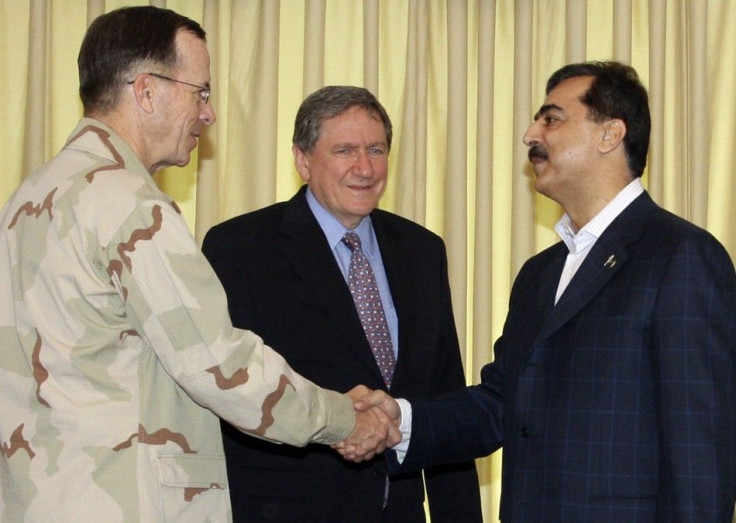Abandoning Pakistan Would Be “Dangerous”: US Army Chief

Abandoning Pakistan would be a “dangerous” step for the U.S., according to the Chairman of the Joint Chiefs of Staff, Mike Mullen.
Mullen, who recently visited Pakistan along with Secretary of State Hilary Clinton to sort out the friction between the two countries following the shocking discovery (and subsequent assassination) of Osama bin Laden in a compound near the capital Islamabad last month.
Pakistan, Mullen asserted, needs to resolve its internal security problems and that its leaders have endured a great deal of introspection since bin Laden’s killing.
I think we need to give [the Pakistani political leadership] a little time and space to do that. And that makes all the sense in the world to me, Mullen told reporters.
I think the worst thing we could do would be cut them off.”
Since the revelation that bin Laden has been living comfortably in a compound in Abbottabad, Pakistan, rumors and accusations have swirled about how complicit Pakistani intelligence and security officials were in harboring the terrorist chief. Several US lawmakers have called for rescinding the billion dollars in aid that Pakistan has received from the U.S.
However, Mullen warned that if Washington started to cut off ties with Pakistan, then ten years from now, twenty years from now, we go back and it's much more intense and it's much more dangerous.”
We're just not living in a world where we can afford to be unengaged in a place like this, he added.
Mullen also noted that Pakistan has requested a very significant cutback in the number of US personnel who are training the Pakistani military.
They're going to have to finish [their internal debates on their relationship with the US military] before we get back to a point where we're doing any kind of significant training, Mullen said.
© Copyright IBTimes 2024. All rights reserved.











